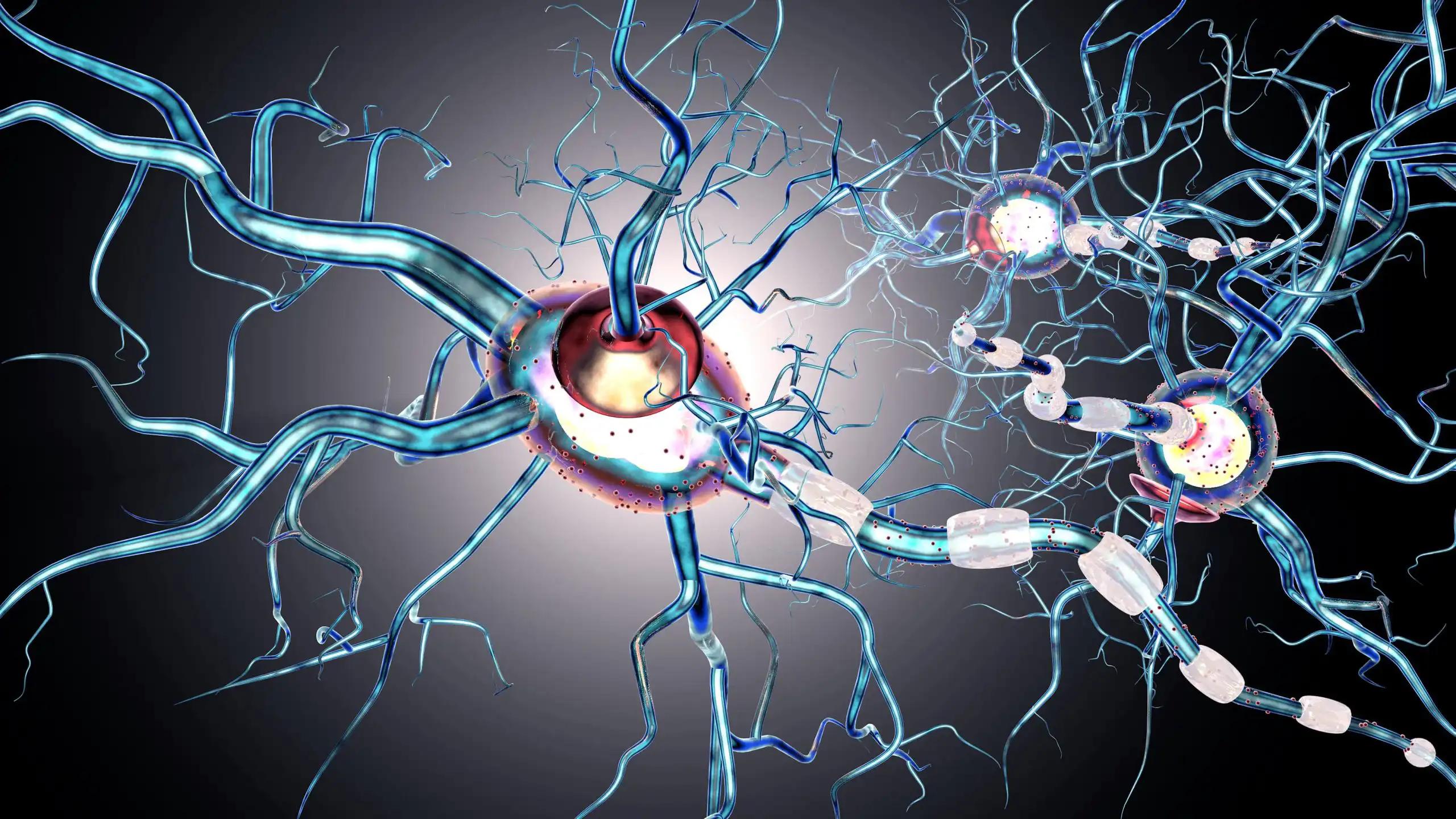KEY TAKEAWAYS
- The study aimed to analyze MVC risk in brain tumor patients for improved driving guideline development.
- Researchers noticed that existing guidelines inadequately address neurocognitive complexities, necessitating further real-world studies.
Brain cancer frequently induces neurocognitive impairments essential for safe driving, yet research on brain tumor patients’ driving capacity remains scarce. Sophie Tran and her team aimed to focus on examining the motor vehicle crash (MVC) risk in individuals with brain tumors, aiming to contribute valuable insights for the development of more precise and applicable driving guidelines.
They performed an inclusive analysis by conducting a systematic review utilizing Medline and EMBASE databases. Included in the review were observational studies focusing on patients with benign or malignant brain tumors, with the primary outcome of interest being MVC or the measured risk of MVC. Descriptive analysis and synthesis without meta-analysis were employed to effectively summarize the findings. A narrative review of driving guidelines from Australia, United Kingdom, and Canada was completed to provide a comprehensive understanding of the existing regulatory frameworks.
About three studies, including 19,135 participants in the United States and Finland, were included in this comprehensive review. The studies comprised 1 cohort study, 1 cross-sectional study, and 1 case–control study. The evaluation of MVC incidence in brain tumor patients from one study revealed no significant difference in MVC rates. 2 studies employed driving simulation and cognitive testing to measure MVC risk. Patients identified at a higher risk exhibited more pronounced memory and visual attention impairments. Notably, predictive patient and tumor characteristics for MVC risk displayed heterogeneity across the studies. Despite clear recommendations in driving guidelines for selected conditions like seizures, guidelines were found to be vague concerning neurocognitive deficits.
The study concluded that limited data on driving behavior and MVC incidence in brain tumor patients underscores the inadequacy of existing guidelines in addressing neurocognitive complexities within this population. To develop more applicable driving guidelines, future studies incorporating real-world data are deemed necessary.
No funding was provided for the study.
Source: https://link.springer.com/article/10.1007/s11060-024-04586-6
Tran, S., Lapidus, A., Neal, A. et al. A systematic review of the impact of brain tumours on risk of motor vehicle crashes. J Neurooncol (2024). https://doi.org/10.1007/s11060-024-04586-6.



